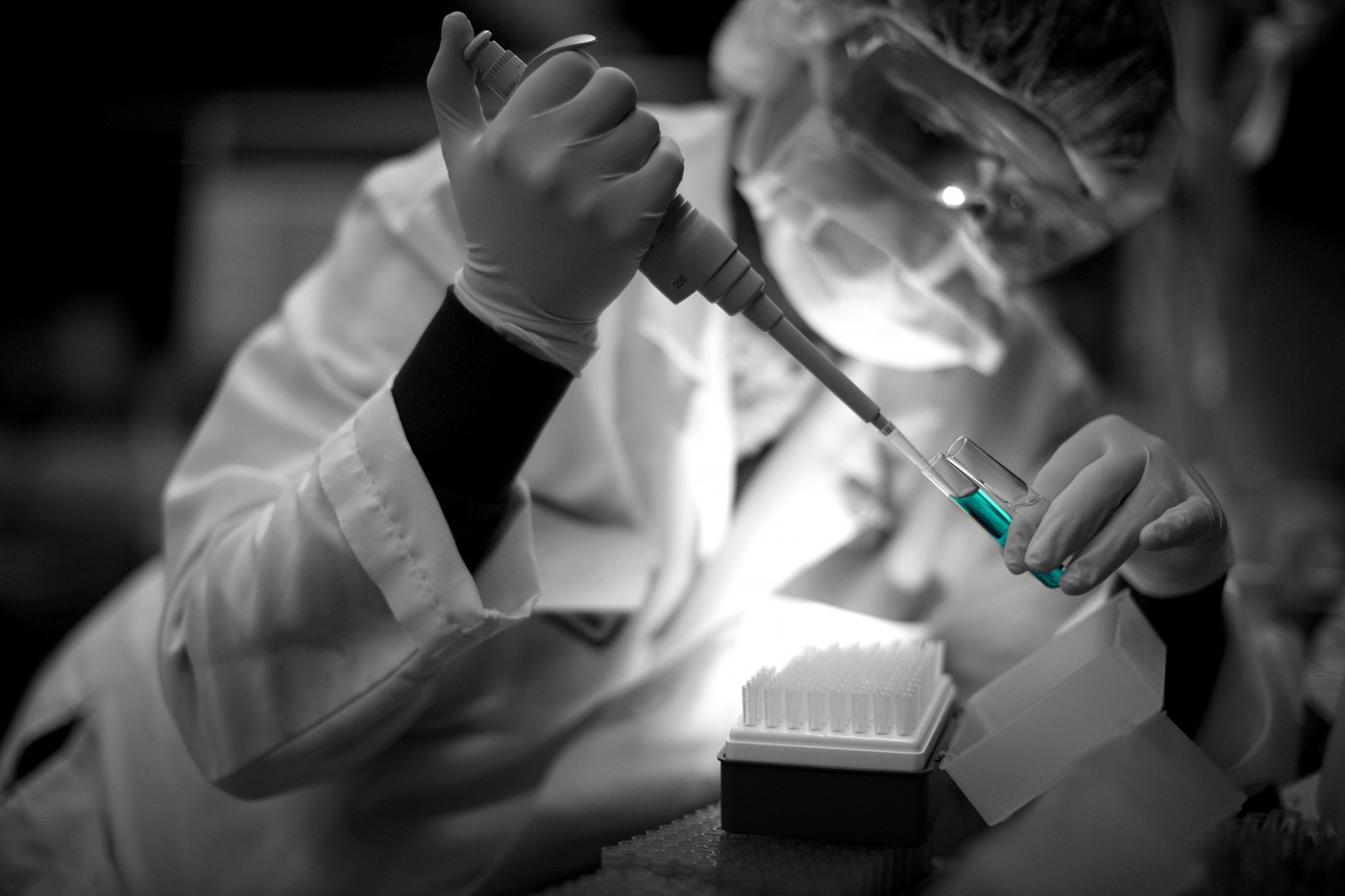AIT Administers First Doses of Nitric Oxide in a Trial Testing Its Ability to Kill Drug-resistant Bacteria
Written by |

AIT Therapeutics has administered its first doses of nitric oxide in a Phase 2 clinical trial of the compound’s ability to kill the drug-resistant bacteria often found in cystic fibrosis patients.
The study’s overarching goal is to see whether AIT’s nitric oxide formulation can eliminate nontuberculous mycobacteria, or NTM, in patients who have a group of bacteria collectively known as the Mycobacterium Abscessus Complex, or MABSC.
“MABSC comprises a group of rapidly growing, multi-drug-resistant bacteria that are responsible for a wide spectrum of pulmonary diseases, predominantly in vulnerable hosts with underlying structural lung disease such as cystic fibrosis (CF), bronchiectasis, COPD and lung cancer,” Dr. Andrew Colin, director of the children’s CF program at the University of Miami’s Miller School of Medicine, said in a press release “The conventional anti-microbial therapies are disappointing, and new treatment modalities are urgently needed. At this time, nitric oxide shows great promise.”
Nitric oxide, or NO, plays a key role in a broad array of biological functions. When it’s at certain concentrations in the airways, it appears to bolster the immune system’s functioning there.
Laboratory studies have suggested that NO can counter bacteria, fungi, yeast and parasites. Scientists believe it also could help neutralize the multi-drug-resistant strains of bacteria that have appeared over the past few decades.
NTM has become a global public health concern because of its resistance to so many antibiotics.
“Currently available antibiotics for NTM have a very low success rate against MABSC,” said Dr. Lea Bentur, principal investigator of the Phase 2 NO-NTM trial. “Nitric Oxide has the potential to not only save lives, but also improve” patients’ quality of life, she said.
“Current treatment for NTM lung disease requires one to two years of treatment with multiple antibiotics that have very limited efficacy, especially in MABSC, and carry the risk of adverse events that can impact quality of life well beyond the end of treatment,” said Dr. Ori Efrati, another trial investigator.
“The NO-NTM trial offers patients a 21-day treatment that may significantly shorten the duration of toxic antibiotic therapy,” Efrati said.
A Phase 1 trial showed that NO was safe, and that it displayed anti-bacterial activity.
About 10 patients are expected to take part in the Phase 2 trial. They will receive inhaled NO for 30 minutes three to five times a day for three weeks.
Like the Phase 1 trial, the Phase 2 study’s primary objective is to see if the treatment is safe. The key safety measure will be the number of NO-related serious adverse events that occur over the 21 days.
Secondary objectives are to see whether patients’ lung function improves, as measured by a six-minute walk test, and whether bacteria levels in lung mucus decrease. AIT plans to announce the trial results later this year.
“We are excited to advance this potentially life-changing therapy for NTM patients with the dosing of the first patient in our trial,” said Steve Lisi, ATI Therapeutics’ chief executive officer. “MABSC is a difficult-to-treat infection with a high unmet medical need. Intensive NO treatment for just 21 days may obviate the need for long-term, toxic and costly antibiotic therapy, significantly benefitting patients.”






